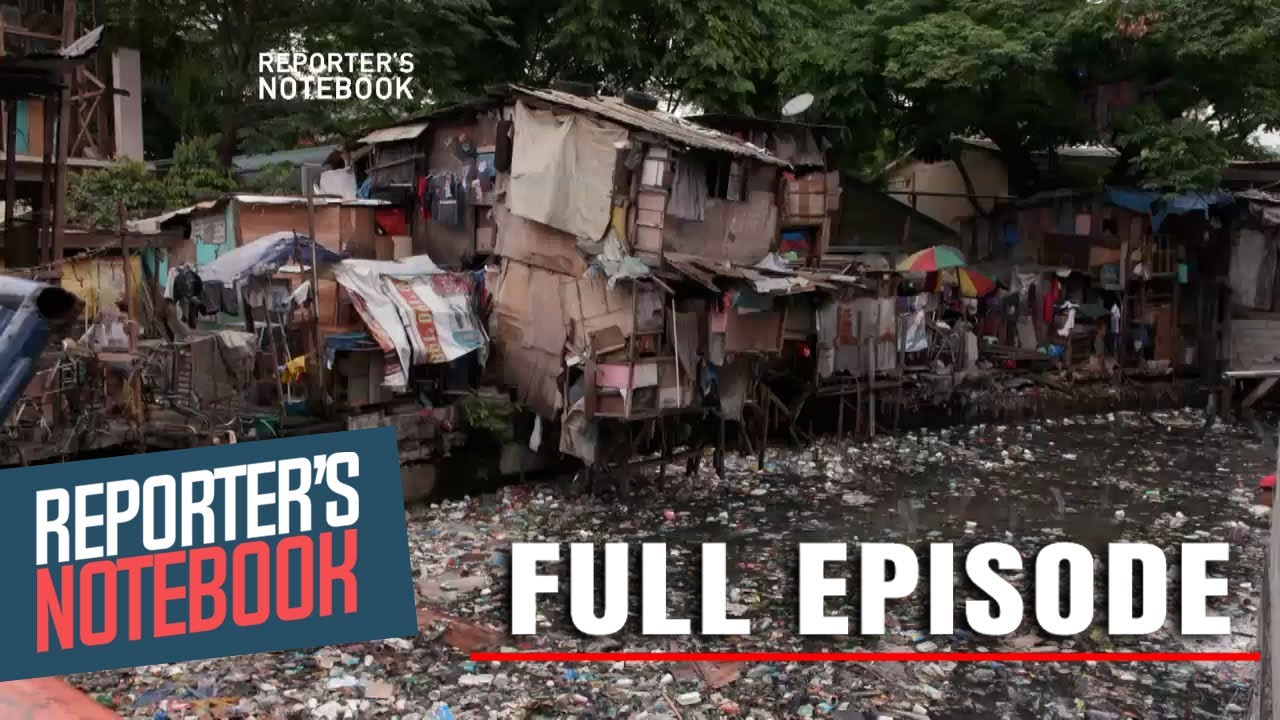Segregation of Garbage - Waste Management | Mocomi Kids
Summary
TLDRThe script highlights the pressing issue of global waste management, emphasizing the importance of proper garbage segregation. It categorizes waste into four types: spoilage, toxic, wet or organic, and recyclables. The script advises on composting organic waste and recycling dry waste, suggesting the use of color-coded bins to facilitate easy sorting by collectors. It calls for public awareness and participation in reducing ecological harm caused by improper waste disposal.
Takeaways
- 🌏 Garbage segregation is a critical global issue due to the massive amount of waste produced daily.
- 🗑️ Waste is categorized into four main types: recyclable, non-recyclable, toxic, and organic waste.
- 🚮 Non-recyclable waste includes items like spoiled food, medicines, batteries, and old bulbs which require special disposal.
- 🌱 Organic or wet waste consists of food leftovers and vegetable peels, which should be composted.
- 🍽 The compost from organic waste can be used as a natural fertilizer, promoting sustainable waste management.
- 🔄 Encouraging recycling is essential; it helps in reducing the environmental impact of waste.
- 🛒 Parents can be encouraged to purchase separate bins for dry and wet garbage to facilitate proper segregation.
- 🎨 Color-coding bins can help in easy identification, with cream for dry waste and blue for wet waste.
- 👉 Proper waste segregation by individuals can significantly ease the work of garbage collectors and improve recycling efficiency.
- 🌱 Composting organic waste not only reduces landfill but also provides a natural way to enrich soil.
- 🔄 The script emphasizes the importance of individual actions in waste management and the collective impact on the environment.
Q & A
What is the main issue discussed in the script?
-The main issue discussed in the script is the global problem of garbage segregation and waste disposal, which is becoming a major ecological nightmare.
How many categories are garbage typically classified into according to the script?
-According to the script, garbage is typically classified into four categories.
What are the four categories of garbage mentioned in the script?
-The script mentions 'spoils dog', 'toxic', 'wet or organic waste', and 'dry waste' as the four categories of garbage.
What types of waste fall under the 'toxic' category according to the script?
-The 'toxic' category includes items such as medicines, batteries, old bulbs, and shoe polish, which require special care when disposing of.
What is the recommended method for disposing of wet or organic waste?
-The recommended method for disposing of wet or organic waste is to put it in a compost pit, and use the resulting compost as manure.
What is the script's suggestion for encouraging proper garbage segregation at home?
-The script suggests encouraging parents to buy two separate bins for dry and wet garbage, color-coded with cream for dry and blue for wet.
Why is it important to segregate garbage into dry and wet categories?
-Segregating garbage into dry and wet categories helps in easy identification by the garbage collector and facilitates recycling and composting processes.
What is the script's stance on recycling and the environment?
-The script promotes recycling as a way to reduce environmental impact and suggests that people should be encouraged to participate in recycling efforts.
How can individuals contribute to the solution of the garbage problem as per the script?
-Individuals can contribute by segregating their garbage into appropriate categories, using separate bins, and encouraging others to do the same.
What is the term 'spoils dog' mentioned in the script and what might it refer to?
-The term 'spoils dog' is unclear in the context of the script. It might be a misinterpretation or a typo, possibly referring to a category of waste that spoils easily.
What is the script's final message regarding garbage segregation?
-The script's final message is to encourage people to segregate their garbage properly, making it easier for garbage collectors and promoting a cleaner environment.
Outlines

This section is available to paid users only. Please upgrade to access this part.
Upgrade NowMindmap

This section is available to paid users only. Please upgrade to access this part.
Upgrade NowKeywords

This section is available to paid users only. Please upgrade to access this part.
Upgrade NowHighlights

This section is available to paid users only. Please upgrade to access this part.
Upgrade NowTranscripts

This section is available to paid users only. Please upgrade to access this part.
Upgrade NowBrowse More Related Video
5.0 / 5 (0 votes)





